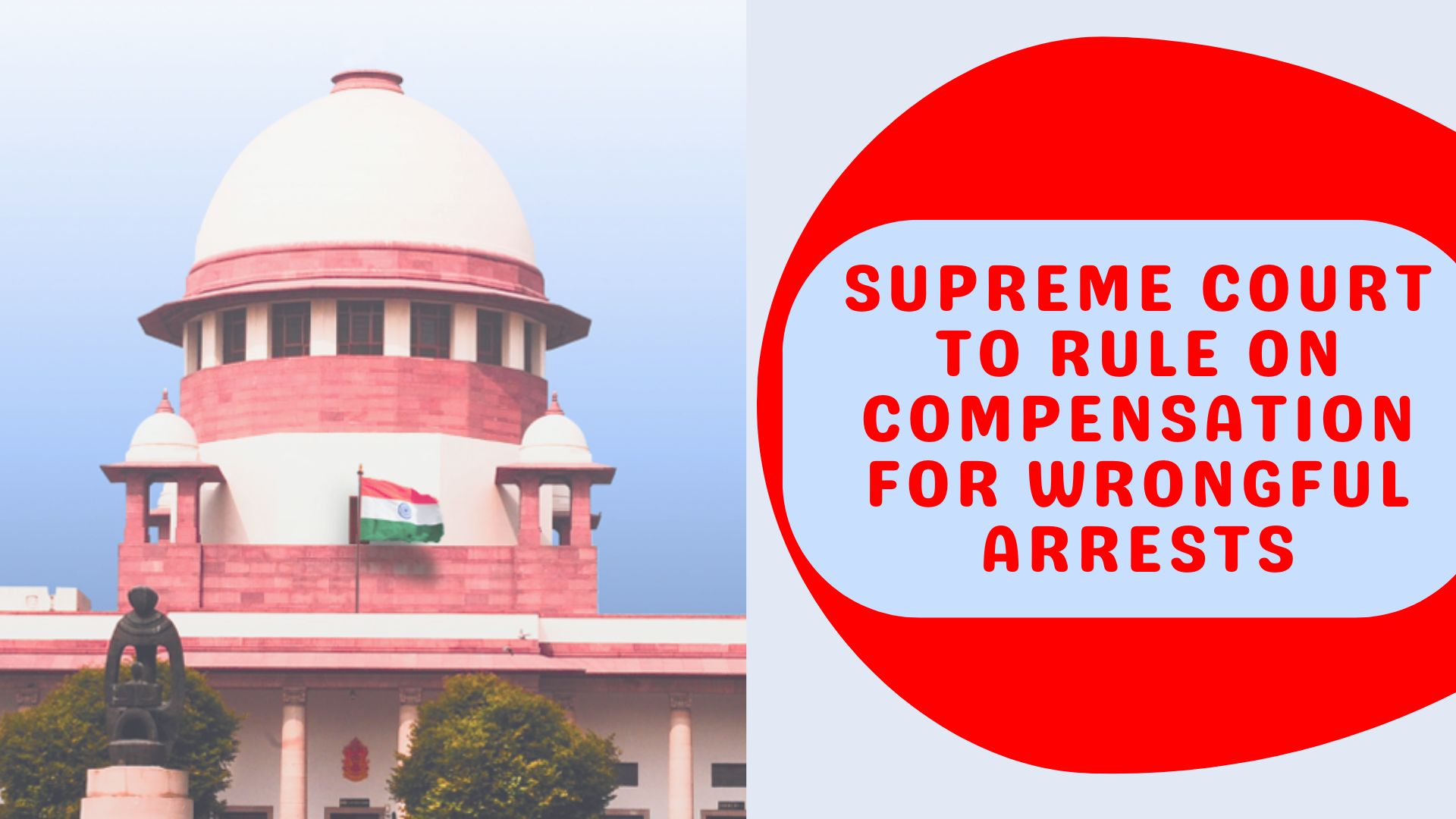C.S.Dias, J
1. The writ petition is filed to direct the respondent to permit the petitioner to pay off the overdue amount in equated monthly instalments and
regularise the loan account.
2. The petitioner’s case is that, he had availed a business loan from the respondent â€" Bank â€" by creating an equitable mortgage. Due to
unforeseen circumstances, he could not pay the instalments on time. The respondent is now proceeded against the secured asset of the petitioners
under the Securitisation and Reconstruction of Financial Assets and Enforcement of Security Interest Act, 2002 (in short, ‘Act’). The petitioner
is prepared to pay off the overdue amount in instalments. Hence, the writ petition.
3. Heard; Sri.Sasith M.R., the learned counsel appearing for the petitioner and Sri. P.C. Sasidharan, the learned counsel appearing for the respondent.
4. When the writ petition came up for consideration on 01.03.2023, this Court passed a conditional interim order, directing further coercive proceedings
to be deferred, subject to the condition that the petitioner deposits an amount of Rs.4,00,000/-within one month from the date of order.
5. Sri. P.C. Sasidharan, on instructions, submitted that, the petitioner has not complied with the above dated order.
6. The Hon’ble Supreme Court in South Indian Bank Ltd vs. Naveen Mathew Philip (2023 LiveLaw (SC) 320 )a,fter adverting to a myriad of
earlier judicial pronouncements rendered under the Act, has categorically declared that High Courts shall not, unless in extraordinary circumstances,
interfere with proceedings initiated under the Act, in writ proceedings filed under Article 226 of the Constitution of India.
7. Having considered the pleadings and materials on record, and taking note of the fact that the petitioner has failed to comply with the above
conditional interim order passed by this Court, I am not inclined to exercise the discretionary powers of this Court under Article 226 of the Constitution
of India and entertain the writ petition. Nonetheless, it would be up to the petitioner to work out his statutory remedies as provided under the Act.
Resultantly, the writ petition is dismissed, without prejudice to the right of the petitioner to work out his remedies, in accordance with law.

